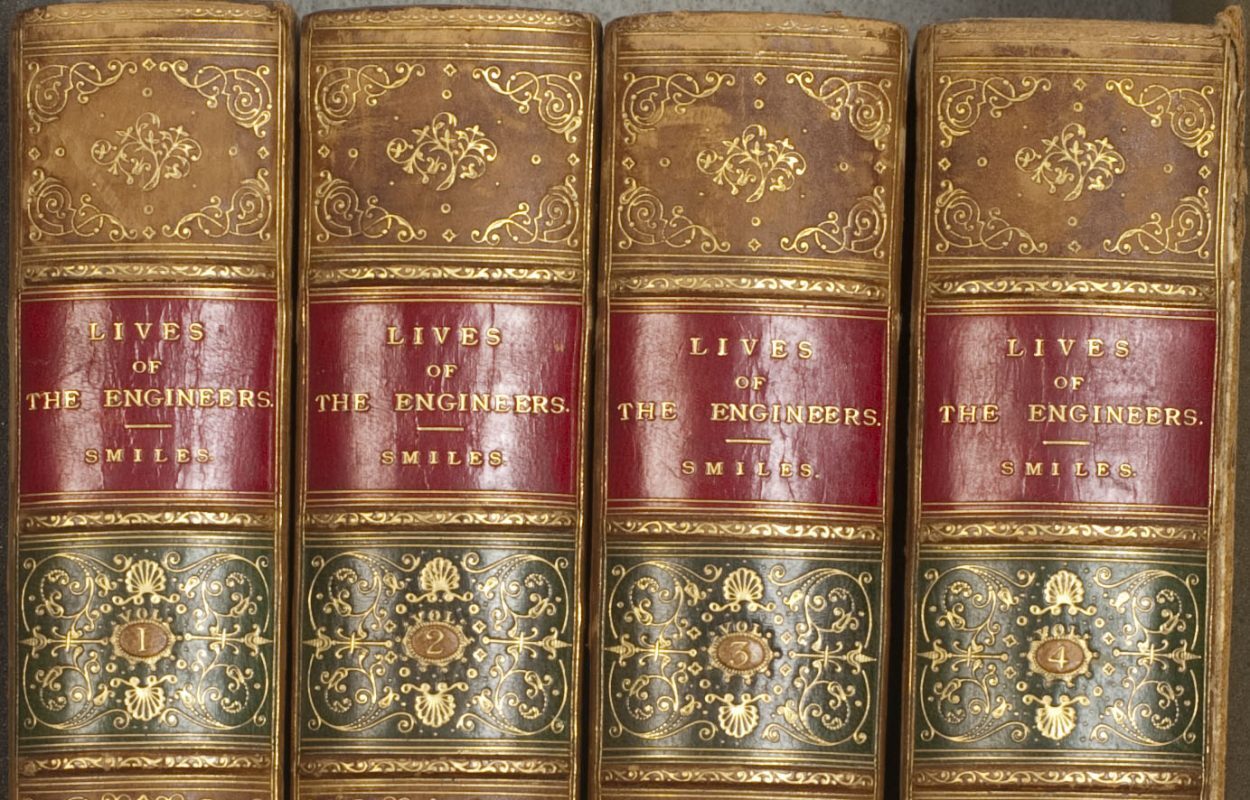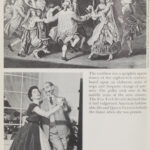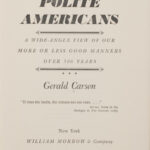Published: New York, 1966
Today, if you please, we’d like to survey American manners.
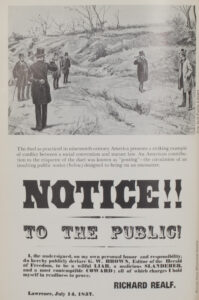 Gerald Carson’s The Polite Americans starts out in the rigid confines of Colonial Massachusetts, where propriety dictated that the populace was allowed to wear “Gold or Silver lace, or Buttons, or Points at [their] knees” only if they possessed “a capital of over £200.” A later chapter is devoted entirely to dueling, in which opponents may assault one another with deadly weapons, but must do so with the utmost politeness. Carson describes the sort of challenge to one’s honor that might necessitate a duel. One example is the contest between U.S. Senator-to-be John Rowan and physician James Chambers, who disagreed over “who was the better Latinist.” Another chapter is devoted to the dos-and-don’ts of facial hair.
Gerald Carson’s The Polite Americans starts out in the rigid confines of Colonial Massachusetts, where propriety dictated that the populace was allowed to wear “Gold or Silver lace, or Buttons, or Points at [their] knees” only if they possessed “a capital of over £200.” A later chapter is devoted entirely to dueling, in which opponents may assault one another with deadly weapons, but must do so with the utmost politeness. Carson describes the sort of challenge to one’s honor that might necessitate a duel. One example is the contest between U.S. Senator-to-be John Rowan and physician James Chambers, who disagreed over “who was the better Latinist.” Another chapter is devoted to the dos-and-don’ts of facial hair.
Carson also assesses the state of American manners in the 1960s, when this book was being written. He cites Nelson Rockefeller’s frequent use of the word “hi” instead of “hello” as evidence of a decline in formality. But certain rules remained in effect: “the yawn should be covered” … “cigarette smokers are not expected to ask permission to light up any more” … “if you don’t drink, decline quietly, without making a noisy virtue out of it” … “compliments are now permissible 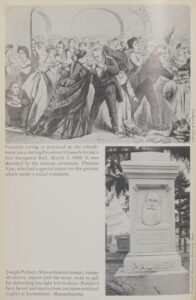 provided they are at least sixty per cent true.” It’s fun to imagine how Carson might update some of these conventions for the current century.
provided they are at least sixty per cent true.” It’s fun to imagine how Carson might update some of these conventions for the current century.
Today, Boston consistently ranks high on the list of America’s rudest cities. Across the river in Cambridge, though, MIT does its part to combat boorish behavior.
Each year during the Independent Activities Period, the Student Activities Office hosts MIT Charm School, a well-attended series of 15-minute lessons on a variety of etiquette topics ranging from how to be a good guest, to appropriate gym behavior. Participants can earn charm degrees by taking multiple classes, and it all contributes to an increased level of civility on campus. Gerald Carson – oops, excuse us, Mr. Carson – would be proud!
